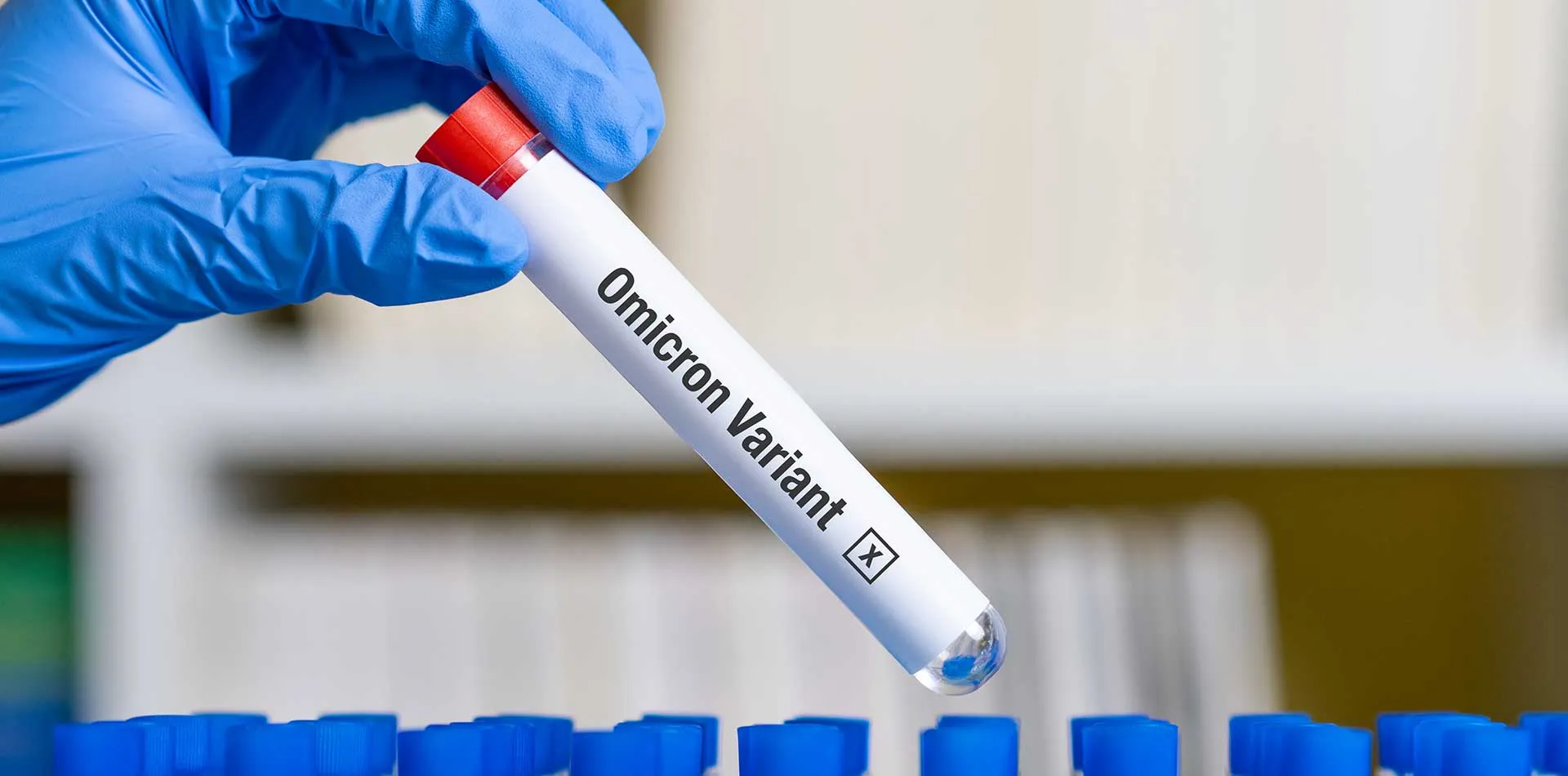
The latest variant of COVID-19 has been detected. Omicron was officially announced on Sunday, 28th November 2021, and has since then been making headlines internationally.
Here is a quick overview of the facts that have been discovered about the virus.
A South-African doctor, Angelique Coetzee announced the discovery of a new strain of the COVID-19 virus. She noticed a few anomalies in a 33-year-old male, with symptoms that differed from the previous strains of the virus.
The patient informed medical authorities about fatigue, aches and pains all over the body and a slight headache. He did not experience the tell-tale loss of taste or smell. The patient did feel a slight itch and scratchiness at the back of his throat.
The patient tested positive for COVID-19 along with his family. During the day, Dr Coetzee noticed a high number of cases with similar symptoms. Hence finding it necessary to alert higher authorities about the possible outspread of a new variant.
Thirty mutations for Omicron have been discovered so far, and some of them have been deemed ominous.
Since the discovery of the new strain is still in the initial phase, there is not enough information available for sweeping statements. However, preliminary evidence reveals that Omicron poses a higher risk of reinfection.
It must be noted that the symptoms of COVID-19 have evolved continuously since its emergence in China. The later variants discovered in the United Kingdom and India (Alpha and Delta, respectively) have the most prominent symptoms that range from a sore throat, runny nose, fever, and headaches. Furthermore, the CDC has mentioned that mild to severe symptoms appear over a span of 2 to 14 days.
Geographically speaking, the common symptoms of Alpha and Delta variants highlighted by the CDC include chills, fever, fatigue, difficulty in breathing, sore muscles, congestion, nausea, and diarrhea.
As governments rush to announce travel restrictions, the knee-jerk reaction must not be considered as an alert for another season of lockdown. The Omicron variant has been studied within the small demographic group of South African citizens so far, so one cannot make any predictions about it.
Countries with weak immunization infrastructures must prioritize vaccination and arrange booster shots to help their populations.
Booster shots, vaccination, and hygienic practices are the only form of defense mechanisms currently available to contain the Omicron variant. Following these measures independently will ensure the prevention of another round of lockdowns and isolation.
Patient Experience